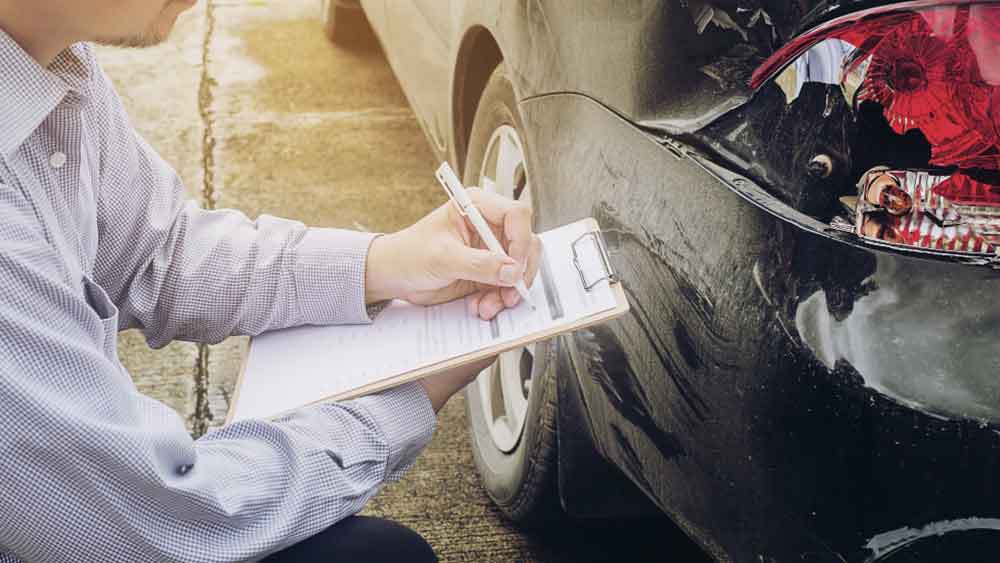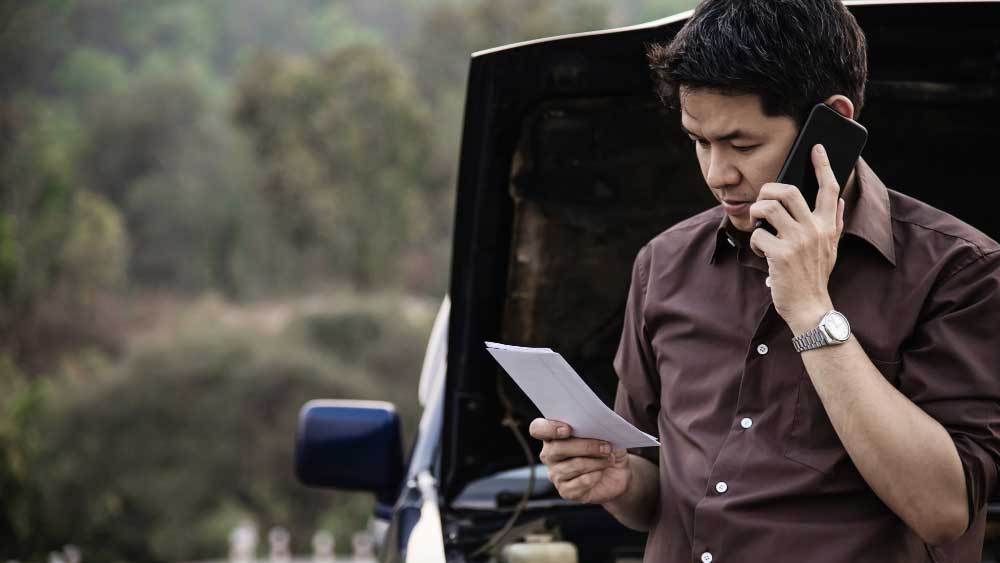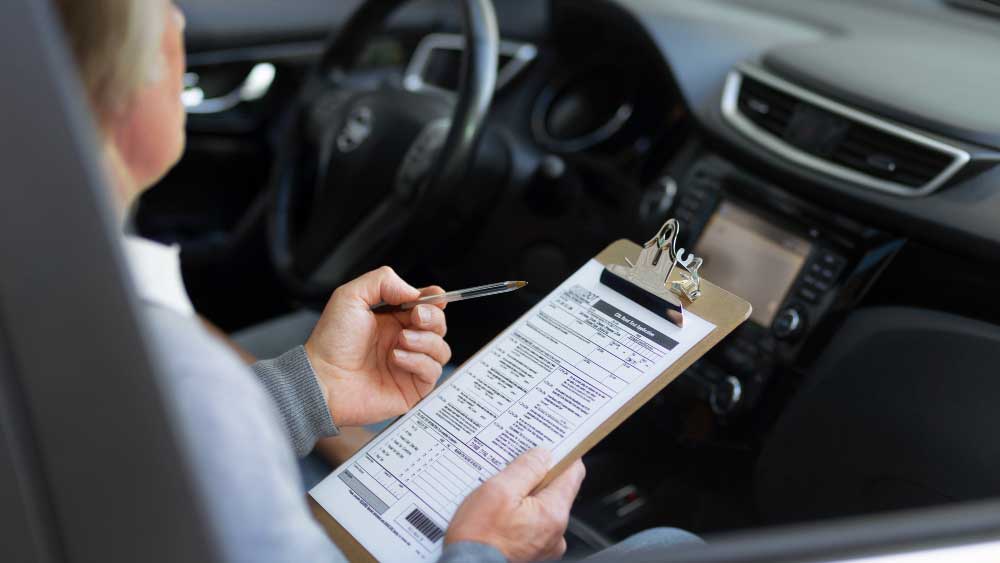What to Do When Insurance Falls Short After a Car Accident?

Getting into a car crash is tough, and figuring out how to pay for everything afterward can be even more challenging, especially if your insurance isn’t enough to cover all the costs.
Motor vehicle crashes cost American society $340 billion in 2019 (the latest data available) according to the National Highway Traffic Safety Administration.
When you find yourself in this spot, there are several steps you can take to make sure you’re not left with a huge bill to pay on your own.
Moving Forward After a Car Crash: What You Should Do
1. Communicating with Your Insurance Company

After figuring out what your insurance covers and total costs are, the next step is to talk to your insurance company. Look specifically for the part about vehicle accident claims. Sometimes, they might not offer enough money to cover all your damages because they don’t have the whole picture. When you call them, be ready to explain your situation clearly. Share the list of damages and costs you’ve put together. Be polite but firm. If you have evidence like medical bills or a mechanic’s estimate for car repairs, send those, too. The goal is to show them exactly why you need more help than they offer.
2. Seeking Legal Advice

If talking to your insurance company doesn’t solve the problem, it might be time to get legal advice. Lawyers who specialize in car accidents can be beneficial. They understand the law and know how to deal with insurance companies. A lawyer can look at your case and tell you your options. They might suggest filing a lawsuit or negotiating for a better settlement. A lawyer can make a big difference in how much money you get. Plus, they can take a lot of the stress off your shoulders by handling things for you.
3. Exploring Other Insurance Policies
Don’t forget to check if other insurance policies might help cover your costs. For example, if the other driver caused the crash, their insurance might have to pay for some of your expenses. Or, if you have health insurance, it might cover your medical bills. There’s also something called uninsured motorist coverage that can help if the other driver doesn’t have insurance. Looking into all these options can help you find more money to pay for the damages and costs of the crash.
4. Setting Up a Payment Plan for Medical Bills
Medical bills can be high after a car crash. If you’re worried about how to pay them, call the hospital or your doctor’s office. Many places will let you set up a payment plan, so you can pay a bit at a time instead of all at once. This can make a big difference in managing your finances after an accident. Don’t be afraid to ask for a payment plan. Most healthcare providers understand that patients can’t always pay for everything immediately and are willing to work with you.
5. Considering Small Claims Court
If you’re dealing with a smaller amount of money and hiring a lawyer seems like too much for what you need, think about small claims court. This is where you can argue your case without a lawyer, and it’s meant for situations where the amount of money isn’t very big. The process is simpler and can be a good option if you and the other person can’t agree on who should pay for the damages. Just check the limit for small claims court in your area, as it varies from place to place.
6. Getting Support from Local Community Resources
After a car crash, you might feel like you’re dealing with everything alone. But there are local community resources that can help. Some organizations offer advice on dealing with the aftermath of a crash, including how to handle finances or find emotional support. Community centers or non-profits might offer free counseling or support groups. Reaching out to these resources can give you extra support and information, making it easier to get through this tough time.
Conclusion:
Dealing with the aftermath of a car crash can be overwhelming, especially if your insurance doesn’t cover all your costs. But you can navigate this challenging time by understanding your insurance, communicating effectively, seeking legal advice, exploring all insurance options, setting up payment plans, considering small claims court, and reaching out for community support. Each step allows you to address the financial burden and find the support you need to recover and move forward. Remember, you have options and resources available to help you through this.

news via inbox
Sign up and never miss out on the latest news and updates at HighStuff




